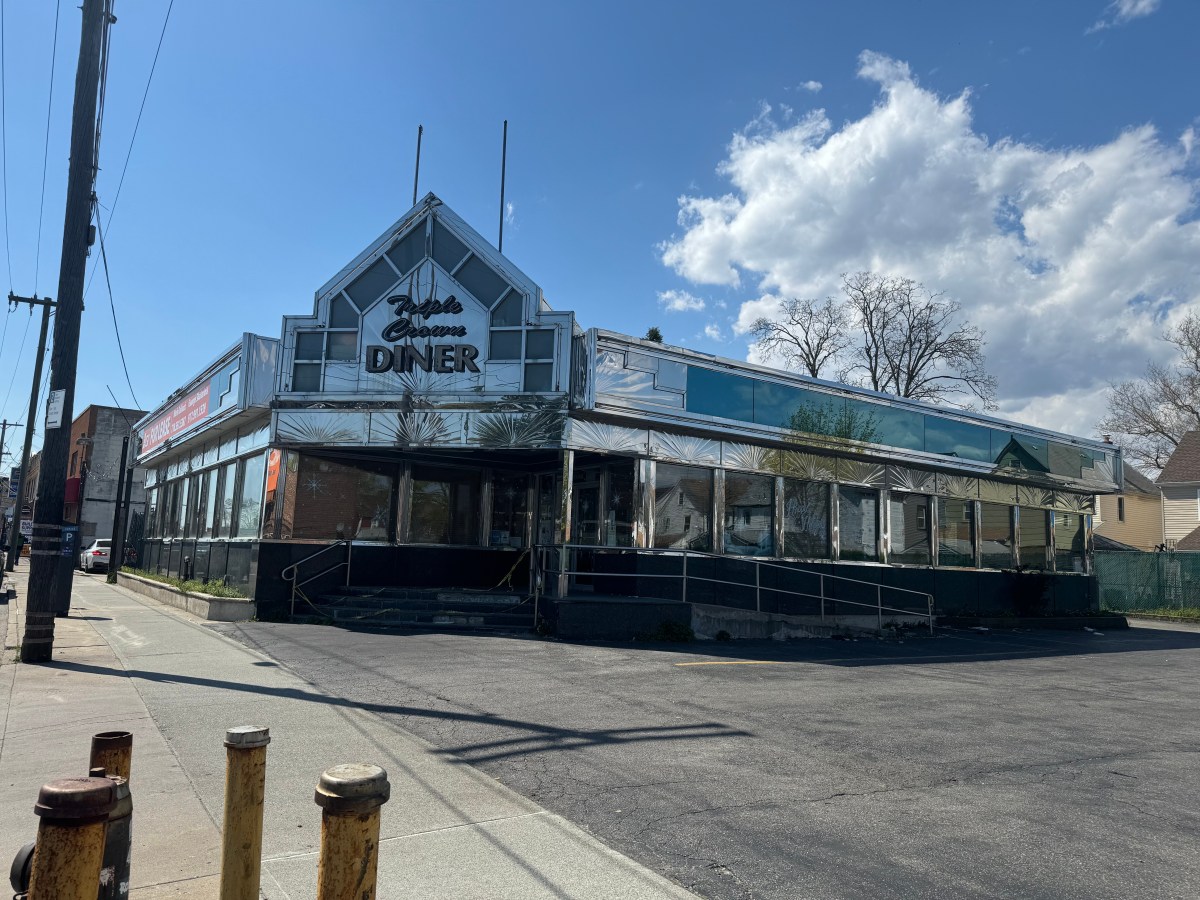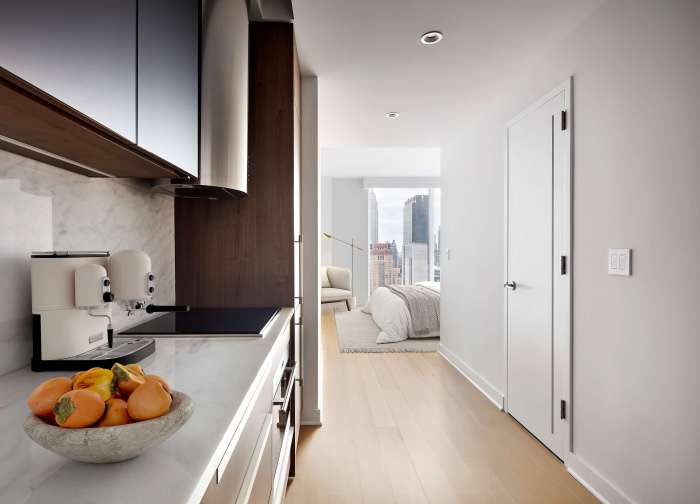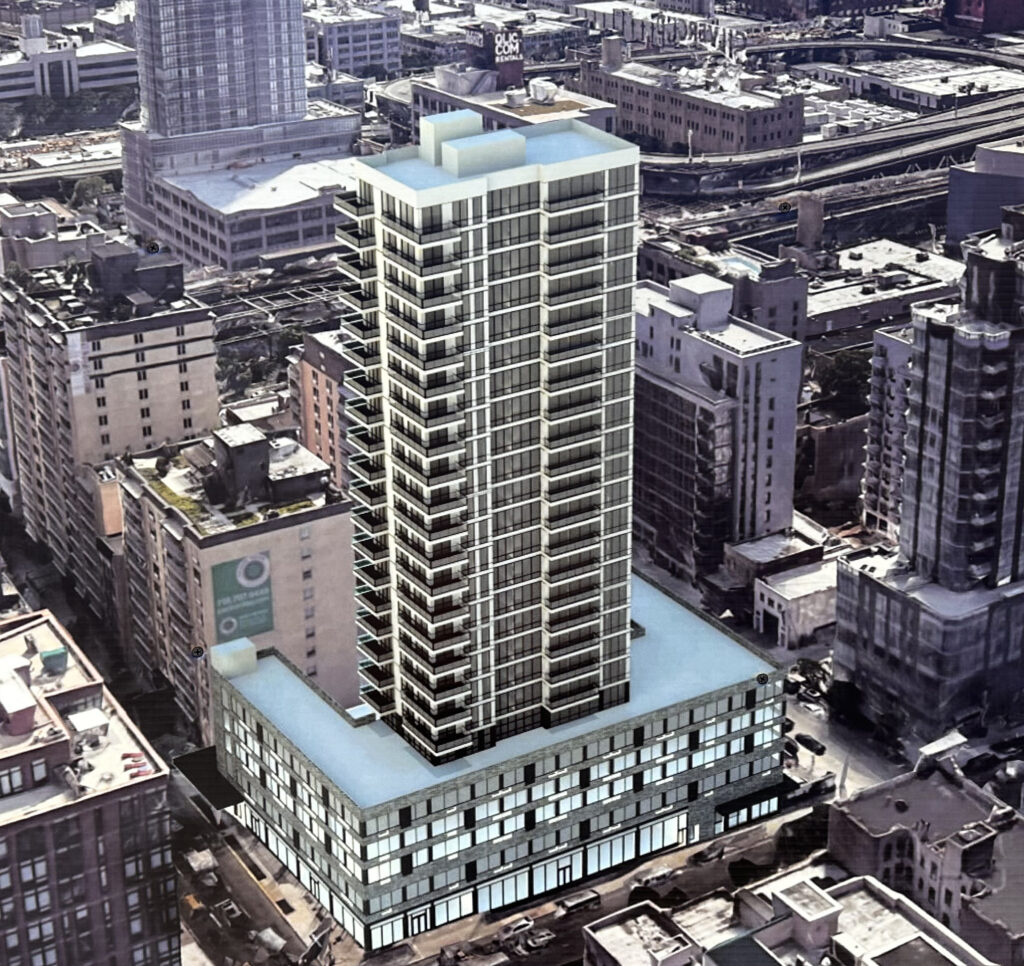
This is part of our series, NYCurious, where we answer your questions about the city. Tweet or Facebook Message your queries to us at @amNewYork, with #NYCurious.
To many New Yorkers, winning the affordable housing lottery is pretty much the same thing as winning the actual lottery.
Finding a low-cost apartment in New York City is not an easy task, but the city does offer programs to help out.
If you’re interested in applying for an apartment through the city’s affordable housing lottery, scroll down to learn more about the process.
How does the affordable housing lottery work?
Once applications are gathered, those that qualify are put in random order and given a log number. From there, the developer begins the review process starting with the lowest log number as well as any preferential applicants.
Although the randomized log number system is set up to assure fairness, there are some application preferences that exist, including persons with disabilities or impairments, residents who currently live in that building’s community board district and municipal employees. Sometimes, an individual building might have other preferences such as veterans or senior citizens.
It can take between two and 10 months for applicants to find out whether they’ve qualified. The lower your log number, the more likely you are to hear back from a specific lottery.
What are the qualifications for the lottery?
Qualifications vary for each affordable housing lottery, which can be found on the NYC Housing Connect website under the Housing List section.
Other issues that may impact your eligibility for a lottery include your credit, a background check and a history in housing court.
The city also recently updated its guidelines to provide more clarity on eligibility, offer additional protections for survivors of domestic violence and limit the ways an applicant can be rejected based on credit history. The changes will go into effect July 1 and can be found in the city Department of Housing Preservation and Development’s Marketing Handbook.
What is considered affordable housing in the city is determined by a household’s percentage of the Area Median Income (AMI), which is a number set by the federal government. The city believes housing is affordable when it costs roughly one-third of what a household makes.
How do I apply?
While the qualifications for individual lotteries might be a bit confusing, the online application process is straightforward. Apply by heading to the NYC Housing Connect website, register if you haven’t already, then complete your household information, including details on employment and income.
Next, find the building you want to apply for and click the “apply” button. You can then monitor your application’s status through your online account under the Housing List section. Here are some tips:
- Remember to submit your application before the deadline date.
- Make sure your household income information is updated before applying for each new lottery.
- Anyone who submits duplicate applications for the same household will be disqualified.
- Fraudulent or incomplete information in an application could result in disqualification.
You can also apply through the mail. Every housing lottery advertisement includes information on how to request an application through the mail. Make sure you sign the application before mailing it back.
There is no preferential treatment for applying online versus through the mail.
Is there a broker fee or application fee for the lottery?
Simply put: No. The only fee you may have to pay is a nonrefundable credit check fee.
How do I know if I’ve been accepted or not?
The HPD receives a very high volume of applicants for affordable housing lotteries, and because of this, not every applicant is contacted – even if they’ve qualified but weren’t selected. You will be contacted for the following reasons:
- If you have been randomly selected to continue on to the next phase of the process, someone representing the building’s developer will contact you to set up an interview.
- If your application did not meet the income qualifications for a specific lottery.
- If you submitted more than one application for a lottery and have been disqualified.
Once you’ve been randomly selected and complete your interview, you may be contacted again if further documentation is needed. Otherwise, the building’s developer will submit an approval request to HPD. Once HPD gives its approval, a lease can be signed.
What does it mean to be placed on the waiting list?
After an affordable housing property is completely filled, remaining qualified applicants can be placed on a waiting list with new, lower log numbers (which are still randomized). When an apartment becomes available, the developer can pull an applicant from the waiting list.
If you make the waiting list, the developer will notify you, but you must indicate in writing every six months that you wish to stay on the waiting list.
Can I appeal a rejection?
You typically have 10 business days to appeal a rejection after you’ve received notice from the building’s developer. If you believe you’ve been wrongly rejected, you must send an appeal letter to the developer detailing why you believe you qualify.
You will then be contacted by the developer with the results of your appeal. If you still disagree with the decision, you can file a complaint with HPD within five days after the developer’s appeal decision.

















